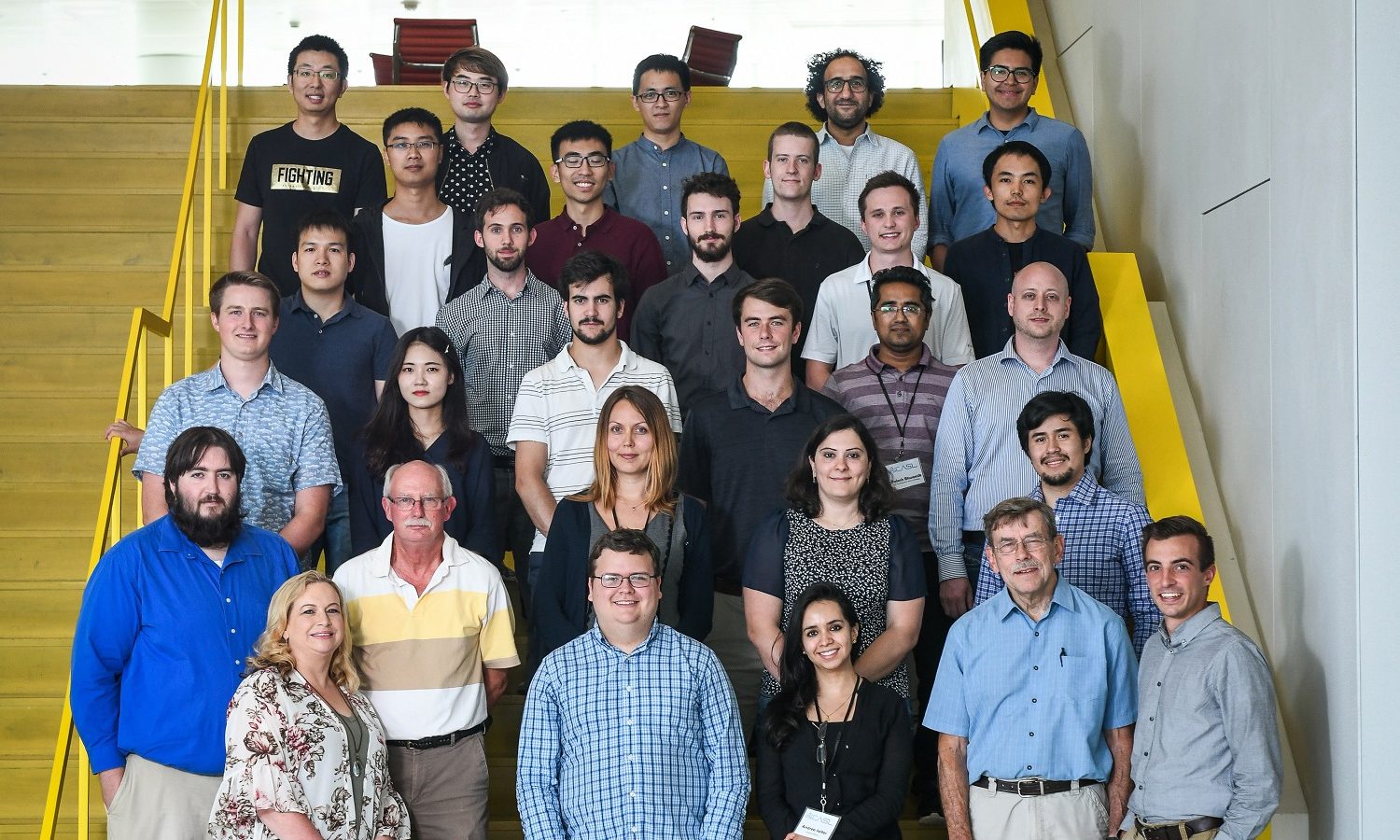The CASL Education Program hosted their fourth annual CASL Institute in the summer of 2019. CASL (The Consortium for Advanced Simulation of Light Water Reactors) is a DOE Energy Innovation Hub for Modeling & Simulation of Nuclear Reactors. North Carolina State University’s College of Engineering and the Nuclear Engineering Department were proud to host this year’s event.
The CASL Institute is a two week in-depth hands-on course for faculty, graduate students and engineering professionals with an interest in CASL research. The CASL Education Director, Dr. J. Michael Doster, worked with a committee of university faculty and national laboratory staff to develop the curriculum for the Institute. The Institute introduced participants to CASL, the VERA (Virtual Environment for Reactor Analysis) framework and component physics packages. Participants received both lecture and practicum sessions on the methods and models employed in MPACT, COBRA-TF, and BISON to assist with resolving issues in radiation transport, thermal hydraulics, fuel performance, multi-physics coupling and sensitivity and uncertainty analysis. In addition, the Institute included talks on Dual-Purpose Crud Data, the Validation Activities and Data Needs of CASL, and a tour of the Hunt Library including a presentation of Dr. Igor Bolotnov’s Direct Numerical Simulation work in the 3-D Visualization and Simulation Lab by his graduate student, Joseph Cambareri.
The application process for the Institute opened in mid-January with over fifty applications received. The thirty applications selected represented seventeen universities from around the world. Upon completion of the course and a team project, twenty-four earned the CASL-VERA Certificate. The fourth CASL Institute was a valuable research and development resource for the students as well as the presenters, and represented another successful deployment of VERA in an Open University environment.

